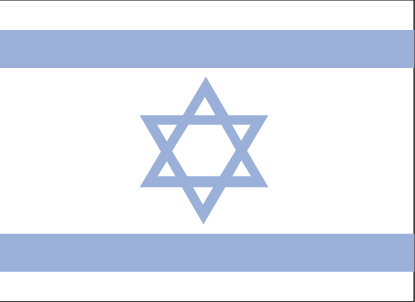FORUM: HRC
TQO: freedom of the press and protection of journalism
Main submitter: Bahrain
Co-submitter: China, Israel, Vietnam, Gabon
Fully believing in the integral role of journalism in providing information and education to a nation's people,
Emphasising media as an essential tool to help cut across educational, cultural, and social contexts,
Noting the many challenges in the modern world to the provision of fair and accurate information by journalists across the world,
Concerned by the growing focus on engagement and divisiveness in the media over reliable and relevant information,
Alarmed by the rapid spread of misinformation in recent years, especially throughout the COVID-19 pandemic,
1. Calls for all relevant member states to attend World Press Freedom Day Global Conference as proclaimed by the UN General Assembly in December 1993, following the recommendation of UNESCO's General Conference, helping to promote reflection among media professionals about issues of press freedom and professional ethics;
2. Requests the formation of a new United Nations sub-body, the United Nations Organisation for the Prevention of Misinformation (UNOPM). It will be formed and operate on the principles of communication and collaboration between relevant parties, such as member states, media outlets, and social media companies, with its duties including,
(a) the prevention of misinformation which harms
(i) The social acceptance of minorities
(ii) The sovereign function of governance
(iii) Public health
(b) the creation of an annual report on the risk, spread, and impact of misinformation, and the progress achieved by both the UN and relevant state and NGO bodies in that field;
3. Further calls for all relevant nations to promote education to build critical thinking, enabling an increasing demand in professional performance from news journalists, and defending reporters from attacks by:
(a) Drawing attention to citizen's Media and Information Literacy (MIL) skills, in order to make informed judgments and decisions
(b) Ensuring awareness of the need to defend and demand journalism in the public interest;
3 Urges UN cooperation with IPI to set up a monitoring system on transparency of social media like the EU Digital Service Act's transparency requirements and implement a customs checking system in all relevant countries by
(a) Provide protections of users in connection with the operation of platform content moderation programmes.
(b) Sending reports from the companies to government agencies and to public with aggregate statistics accurately reflecting the operation content moderation programs
(c) Ensuring access to Algorithms;
4. Recommends member states further encourage the provision of reliable, well-researched information, both through state bodies and domestic outlets, through such measures as
(a) Providing increased funding
(b) Introducing generous tax policies in their nation;
5. Supports the introduction of safeguarding on the methods of personalised targeting used by media, to prevent the radicalisation of individuals towards dangerous social and political views;
6. Affirms clear recognition of the difference between smearing and reporting, by encouraging member states to introduce stronger legislative punishments to hold those responsible for smear campaigns, especially when in clear cases of defamation;
7. Further calls upon member states to ensure the prevention of dangerous misinformation by outlets within their borders, with a goal of preventing the rapid international spread of radical ideals.
